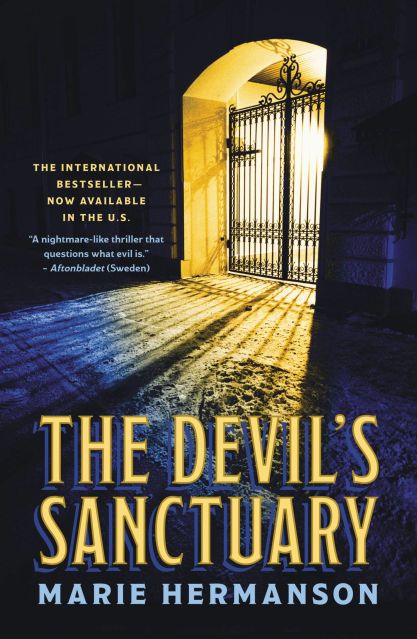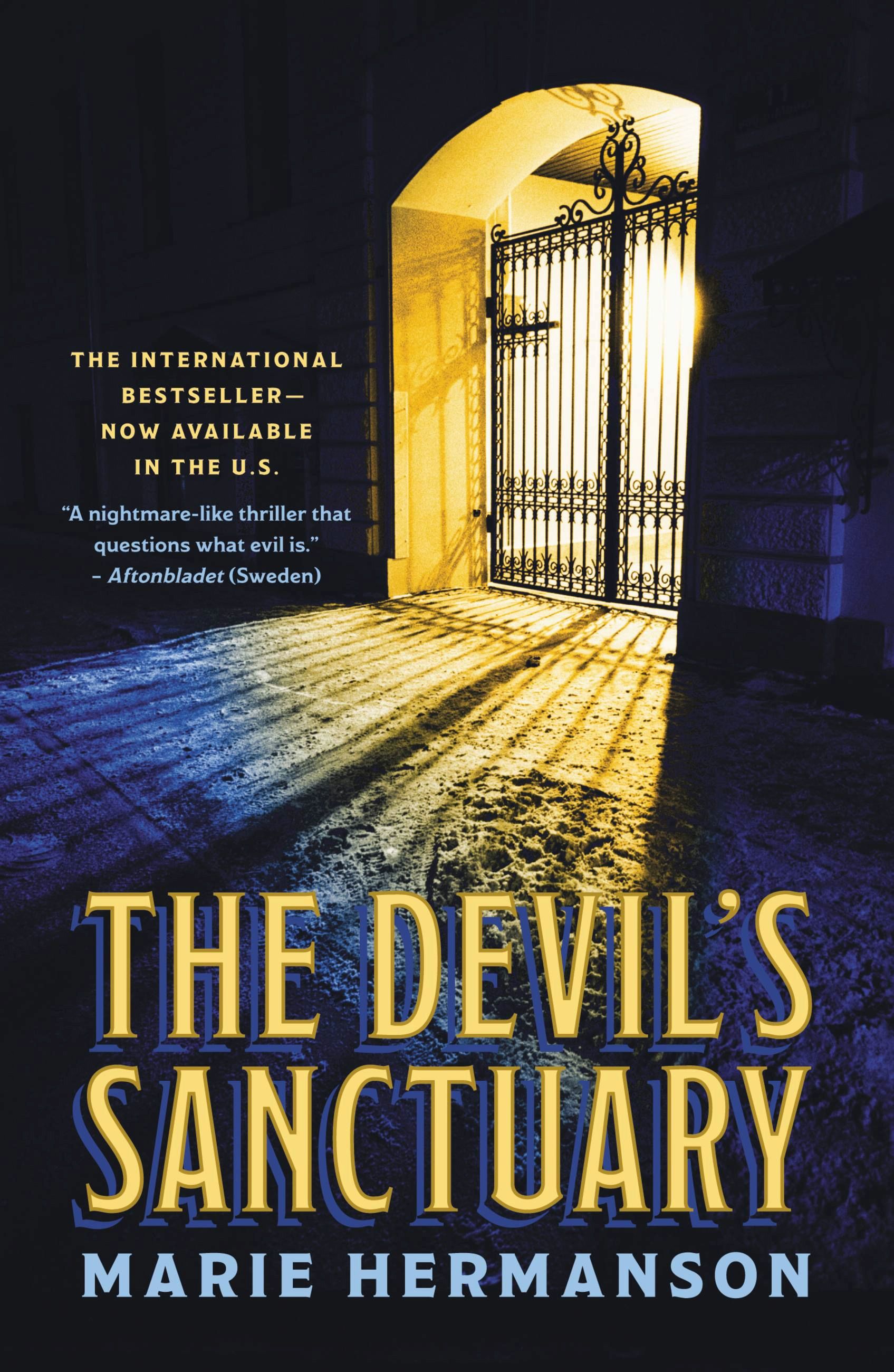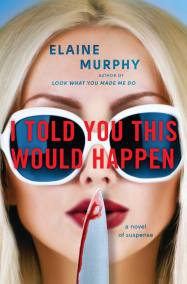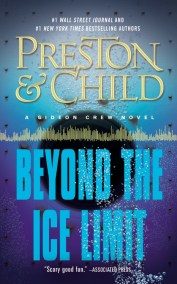Promotion
Use code MOM24 for 20% off site wide + free shipping over $45
The Devil's Sanctuary
Contributors
Formats and Prices
Price
$9.99Price
$12.99 CADFormat
Format:
- ebook $9.99 $12.99 CAD
- Trade Paperback $24.99 $31.99 CAD
This item is a preorder. Your payment method will be charged immediately, and the product is expected to ship on or around September 3, 2013. This date is subject to change due to shipping delays beyond our control.
Also available from:
A chilling novel of psychological suspense from critically acclaimed and internationally bestselling Swedish author, Marie Hermanson.
When Daniel arrives in Himmelstal — a private Swiss psychiatric facility — to visit his twin brother Max, he has no idea what's in store for him. He finds himself unquestioningly accepting Max's plea for help and the brothers swap places in order for Max to take care of some business. All he claims to need is a couple of days in the outside world to settle his debt.
But soon Daniel realizes Max isn't coming back, and that the clinic is far from a place of recovery. Struggling to get anyone to believe who he really is, Daniel finds himself trapped in a cruel and highly secretive prison: this is no sanctuary, it's a living nightmare . . .
When Daniel arrives in Himmelstal — a private Swiss psychiatric facility — to visit his twin brother Max, he has no idea what's in store for him. He finds himself unquestioningly accepting Max's plea for help and the brothers swap places in order for Max to take care of some business. All he claims to need is a couple of days in the outside world to settle his debt.
But soon Daniel realizes Max isn't coming back, and that the clinic is far from a place of recovery. Struggling to get anyone to believe who he really is, Daniel finds himself trapped in a cruel and highly secretive prison: this is no sanctuary, it's a living nightmare . . .
Genre:
- On Sale
- Sep 3, 2013
- Page Count
- 400 pages
- Publisher
- Grand Central Publishing
- ISBN-13
- 9781455523887
Newsletter Signup
By clicking ‘Sign Up,’ I acknowledge that I have read and agree to Hachette Book Group’s Privacy Policy and Terms of Use







